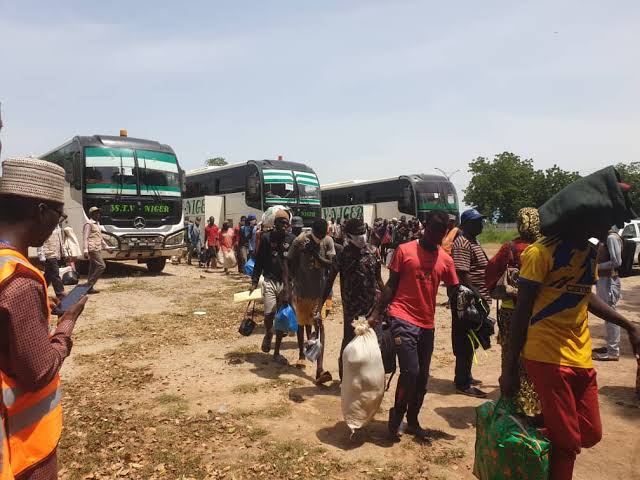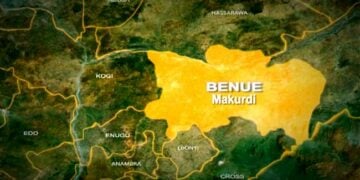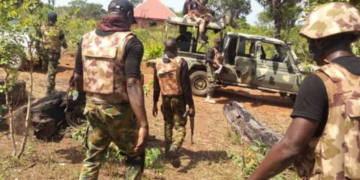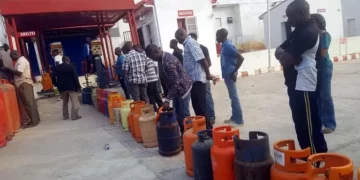The Reintegration and Empowerment for Connecting and Nurturing Opportunities of Vulnerable Populations and Returning Migrants (RECONNECT Project) has graduated 120 participants in Abuja, mostly Nigerian returnees from unfortunate journeys outside the country.
The organisation stated that the three-month skill acquisition programme is designed to make them self-reliant and employers of labour.
Speaking at the graduation ceremony, country director of ActionAid Nigeria, Andrew Mamedu, said the project is sponsored by the International Organisation for Migration (IOM), German Development Cooperation (GIZ), and GOPA, in collaboration with the National Commission for Refugees, Migrants and Internally Displaced Persons (NCFRMI).
According to Mamedu, the project has supported the economic and social reintegration of vulnerable groups, including returned migrants, internally displaced persons (IDPs), persons with disabilities (PWDs), and survivors of gender-based violence (GBV) through vocational training and business start-up support.
He added that a total of 400 individuals across Abuja, Lagos, and Benin have been trained in market-driven skills such as fashion design, hairdressing, catering and hotel management, baking and confectionery, textile and adire making, and shoemaking.
“Today, we celebrate not only the completion of a training programme for the 120 participants in Abuja but also the beginning of new ventures, new livelihoods, and renewed hope for these Nigerians,” he said.
Mamedu further explained: “Over the past few months, participants have undergone intensive hands-on training and entrepreneurial development through the Inspire, Create, Start and Scale (ICSS) module, an essential component that prepares them not only to work but also to lead, innovate, and create opportunities for others.
“The RECONNECT Project goes beyond reintegration. It embodies the fight against poverty and inequality. By strengthening the capacity of young Nigerians with practical skills and entrepreneurial knowledge, we are contributing to tackling the structural causes of poverty and unemployment. We are building resilience, strengthening livelihoods, and giving people the tools to reclaim their dignity.”
He also called on the federal government to create better conditions for young people — conditions that foster opportunity, dignity, and hope. “No Nigerian should feel compelled to risk their life through irregular migration in search of survival. The solution lies in empowerment, education, and inclusive development,” Mamedu said.
The federal commissioner of the NCFRMI, Aliyu Tijani Ahmed, who presented certificates to the graduating returnees, urged them to remain in the country.
“I am sure that after your graduation, we will not find any of you begging on the streets because of the training you have received and the starter funds provided to begin your businesses.
“This is all about integration and empowerment. You must commit to applying the skills you have learned.
“Please remain in Nigeria. Be a part of this country. The government is changing, and our way of life is improving positively in Nigeria today.”





